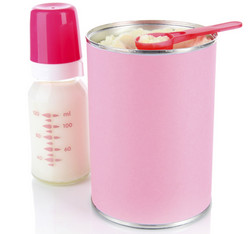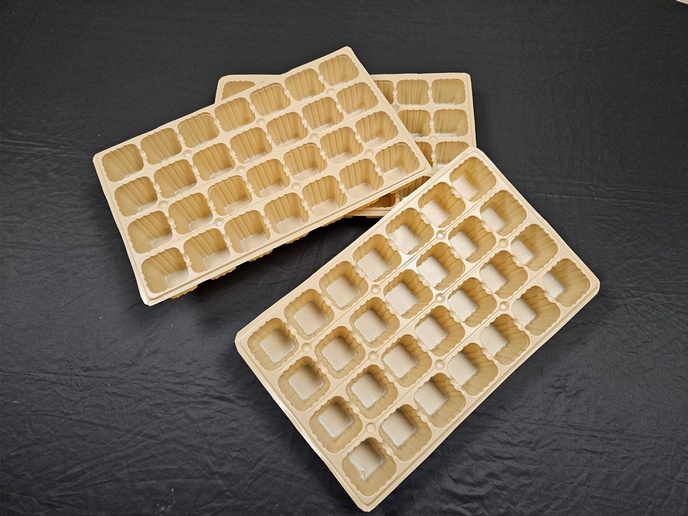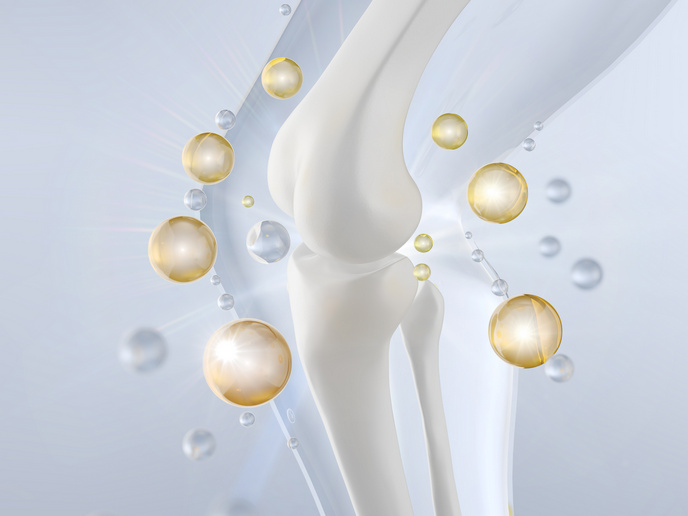Baby formula decontaminated with light
Powdered infant formula (PIF) is a non-sterile breast milk substitute, vulnerable during production to bacterial contamination that can kill babies or cause serious harm. Heat treatment would kill the bacteria, but also reduce the nutritional quality of the formula, hence the need for an alternative. The goal of the EU-funded BABY-SAFE (Light-based technologies for the decontamination of powdered infant formula) project was to develop a method for the safe decontamination of infant formula using light-based technologies and to test and validate an industrial prototype. Project partners first surveyed producers' needs and their perceptions of safety and quality and reviewed the existing literature in order to define the system specifications. The consortium then designed and built the equipment needed for laboratory testing. Prior to testing, the researchers characterised two candidate light technologies in terms of energy delivered to the formula and the extent of heating. Early results in liquid suspension indicated that both high-intensity light pulses and continuous UV-C (a sub-type of ultraviolet light) effectively deactivate three common types of dangerous bacteria. The technologies were also shown to work on powdered material. The BABY-SAFE system can be incorporated into the manufacturing process to reduce the levels of pathogens and other microorganisms. It also reduces the risk of infant formula recontamination without compromising the quality of the product. The system therefore was designed to be safe, effective, affordable, energy efficient and environmentally friendly. Furthermore, by preventing the use of excessive temperatures, the risk of protein denaturation was reduced. By combining the light technology with the mixing and transport of fluidised beds, longer shelf life and reduced risk of infant formula-related illnesses have been achieved. BABY-SAFE has ensured safe production of PIF using light technologies and a fluidised bed. The production method will also enable European producers to compete internationally on product quality and safety.







